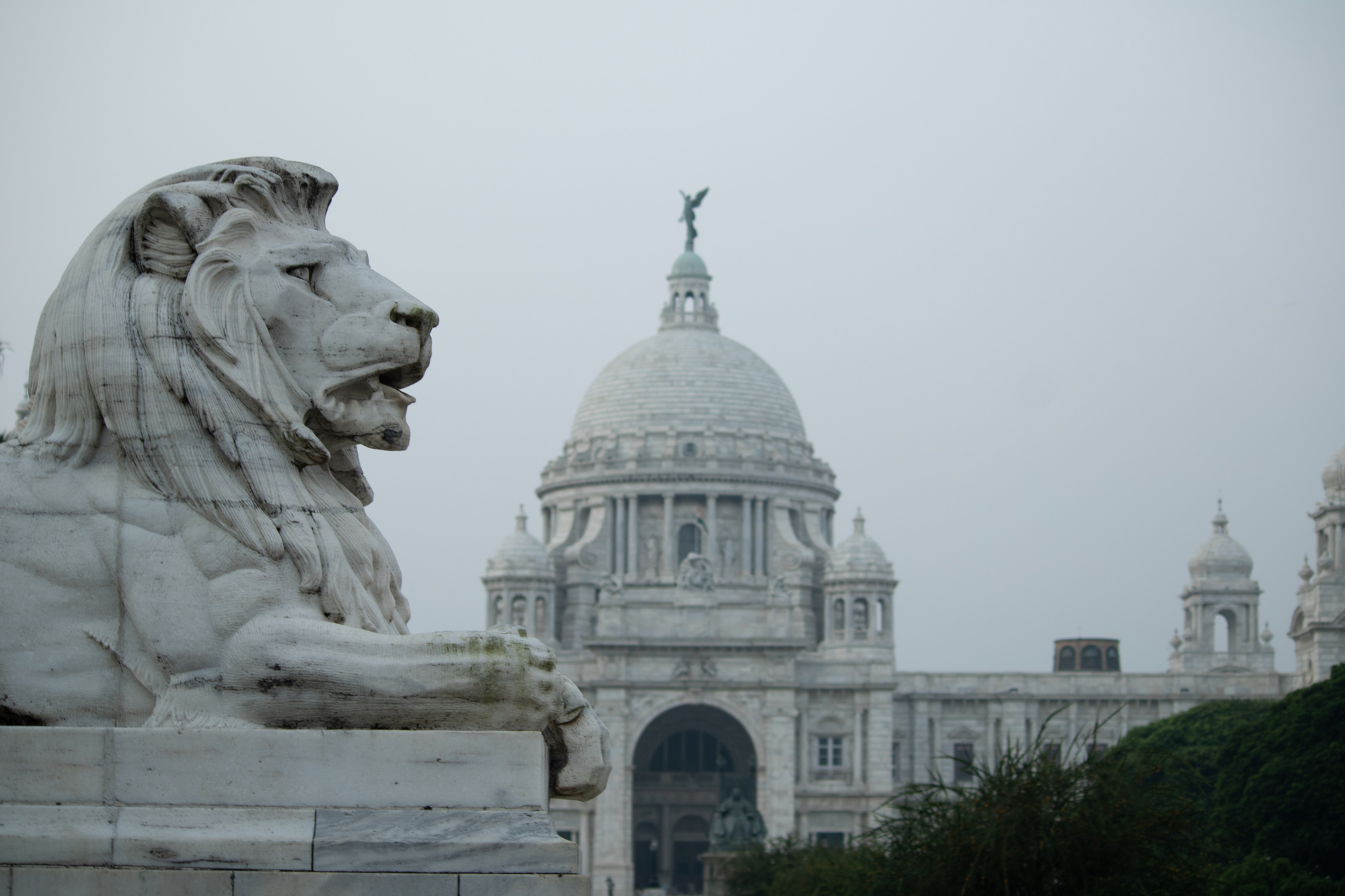Every Thursday evening at eight, I go out onto a suburban cul-de-sac with my parents, bang a saucepan, and cry. My parents, with whom my family is staying for the duration of lockdown, are a retired NHS doctor and retired NHS nurse who have volunteered to be redeployed to serve in the COVID-19 epidemic. Their neighbours are mainly white-haired, missing their grandchildren, and carefully distant. They look tired and afraid behind the exuberant applause. This expression of thanks for our health workers is an especially awkward three minutes of public display for older British people. I can’t be the only one who approaches it semi-reluctantly, internally rolling my eyes, and am then surprised by my tears.
Émile Durkheim said that the things we hold sacred are what communities and societies gather around, and where you find shared sacred values you will also find ritual. His lovely phrase is “collective effervescence,” and that is what those Thursday nights feel like. A fizzing up or bubbling over of feelings we don’t know where else to put. Not quite transcendent, not yet bedded in and automatic, and yet unexpectedly, almost irrationally moving. These rituals reaffirm our unity as a moral community, who—unusually, it feels—want to circle around the same thing.
The History of The Sacred and the Sacred
The #clapforcarers event has been particularly interesting to me because I host a podcast called The Sacred, on which I interview public figures about their deepest, most sacred values. I am not a sociologist or anthropologist of the sacred, and came to it sideways through leading the Christian think tank Theos. We attempt to navigate and illuminate the liminal space between those who are religious and those who are not, and the concept of sacred values has proved a useful tool in that attempt.
Durkheim was a French sociologist writing in the late nineteenth and early twentieth century. He was an ardent secularist who, having studied suicide, divisions of labour, and criminology came toward the end of his career to believe that sacred values best explained how societies work. However, while taken up in anthropological study of “primitive religion,” Durkheim’s thesis all but disappeared in sociology until fairly recently. Sociologist Gordon Lynch, one of the most prominent contemporary scholars of the sacred, puts this down to the discipline’s “pretensions to being a science” and associated allergy to moral reflection. Jonathan Haidt has been part of re-popularizing the concept in recent years, related as it is to his theory of distinctive “moral taste buds” that divide political tribes. Secular humanist philosophers have also become interested in the idea, including Richard Norman and Ben Rogers, whose collection of essays Is Nothing Sacred? sought to liberate the concept from its associations with organized religion.
Interesting, then, as a framing, but so far difficult to understand the sacred’s practical usefulness. As you can imagine, seeking to speak about religion to a primarily non-religious audience means I am no stranger to conflict.





